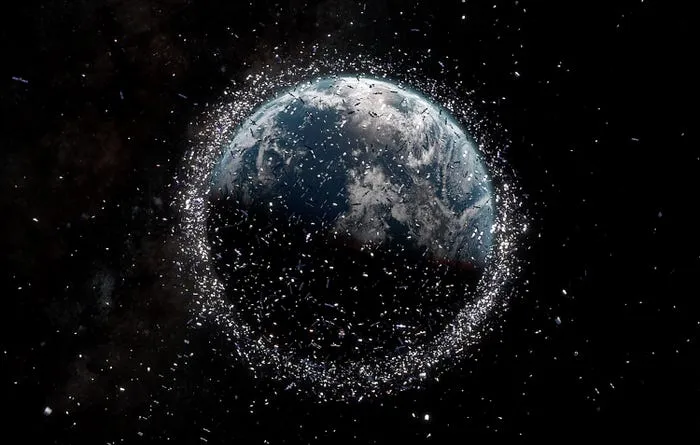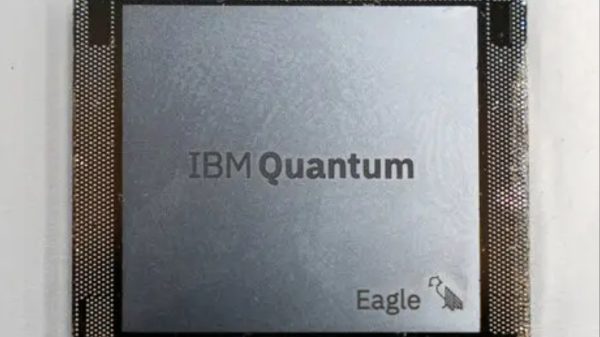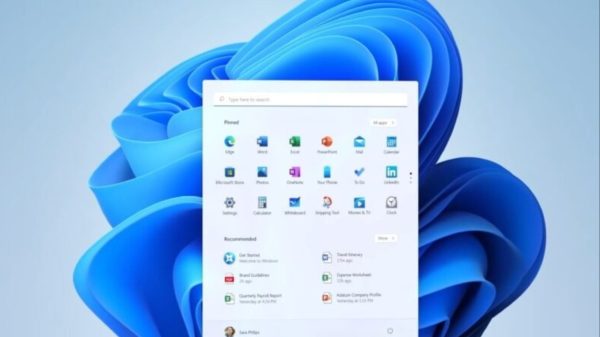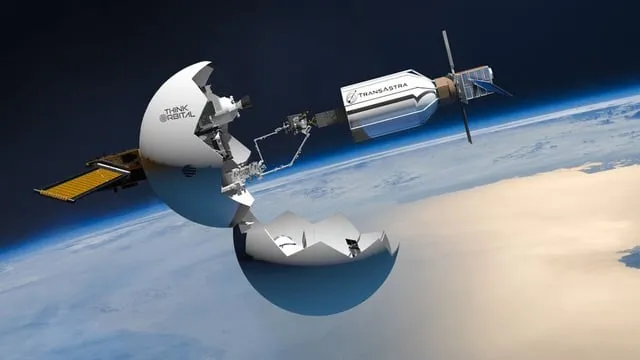The issue of space junk orbiting Earth is becoming increasingly worrying. Old rocket parts and decommissioned satellites are hurtling through the orbit at high speeds, posing a significant threat not only to functioning satellites providing critical services but also to humans aboard the International Space Station and China’s own orbital facility. The situation is made all the more complicated by the fact that when these pieces of space garbage collide, they break into even smaller, equally hazardous fragments.
The failure to address this issue is due in part to the lack of effective methods for removing debris from low-Earth orbit. As a result, the problem is only getting worse. The U.S. government has taken the first step in handing out fines to companies that fail to properly dispose of their debris, with Dish Network being the first recipient of a such a fine. The Federal Communications Commission (FCC) slapped the company with a $150,000 penalty for its failure to move its defunct satellite safely out of the way of operational ones.
The FCC’s fine is a significant development in the efforts to address the issue of space junk. It sends a strong message that the U.S. government is serious about enforcing its rules regarding space debris and that companies must take responsibility for their actions. The FCC’s enforcement chief, Loyaan Egal, described the outcome as a “breakthrough settlement” that makes it clear the agency has the authority and capability to enforce its space debris rules.
The Dish Network debacle began when the company’s EchoStar-7 satellite launched in 2002 and entered a geostationary orbit 22,000 miles from Earth. The company was supposed to move the satellite 186 miles further away from the planet, but after deactivation in 2022, it lost fuel and was only moved 76 miles further away. This failure to comply with its FCC license terms led to the fine.

The Growing Problem of Orbital Debris and Its Increasing Threat to Humanity
While the FCC’s fine is a step in the right direction, it is unclear whether it will have a significant impact on the problem of space junk. If the threat of fines persuades satellite operators to develop better plans for decommissioned machinery, then that would be a step forward. However, clearing up the massive amounts of debris already in orbit is a much more pressing issue.
The problem of space junk is not limited to the United States, with many countries having their own space debris issues. It is a global problem that requires a global solution. The International Space Station astronauts have even spoken about the dangers of space debris, highlighting the risks it poses to their own safety.
The issue of space junk is a pressing one, and it is crucial that we find a solution soon. With the increasing number of satellites being launched into space, the problem of space junk is only going to get worse if left unchecked. The FCC’s fine is a start, but it is just that – a start. Much more needs to be done to address this growing epidemic and ensure the safety of both human and satellite operators in orbit.









































